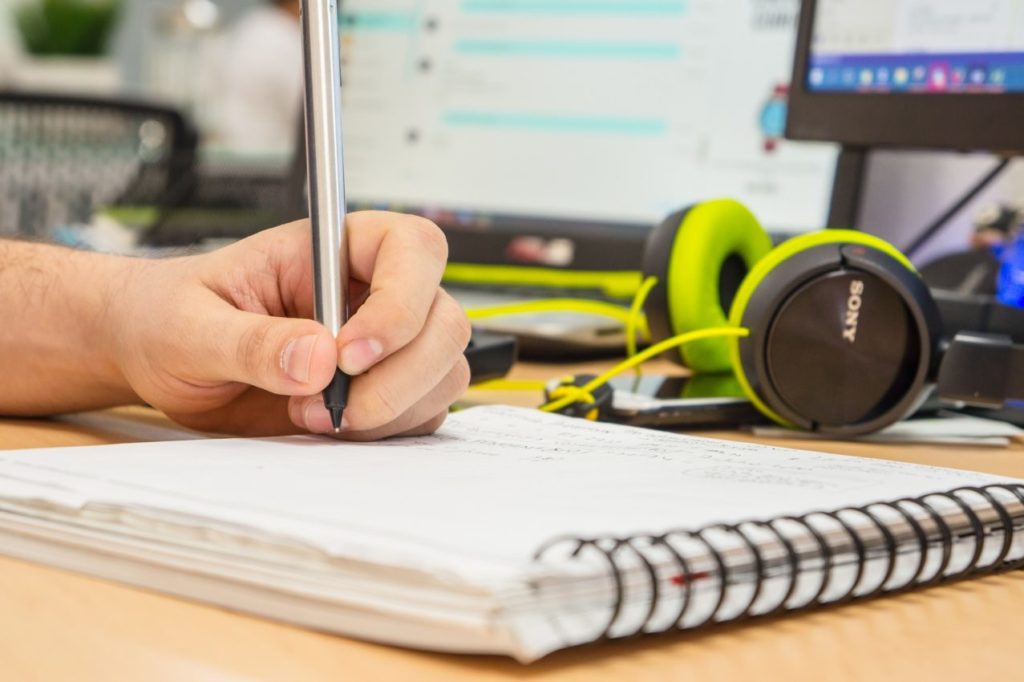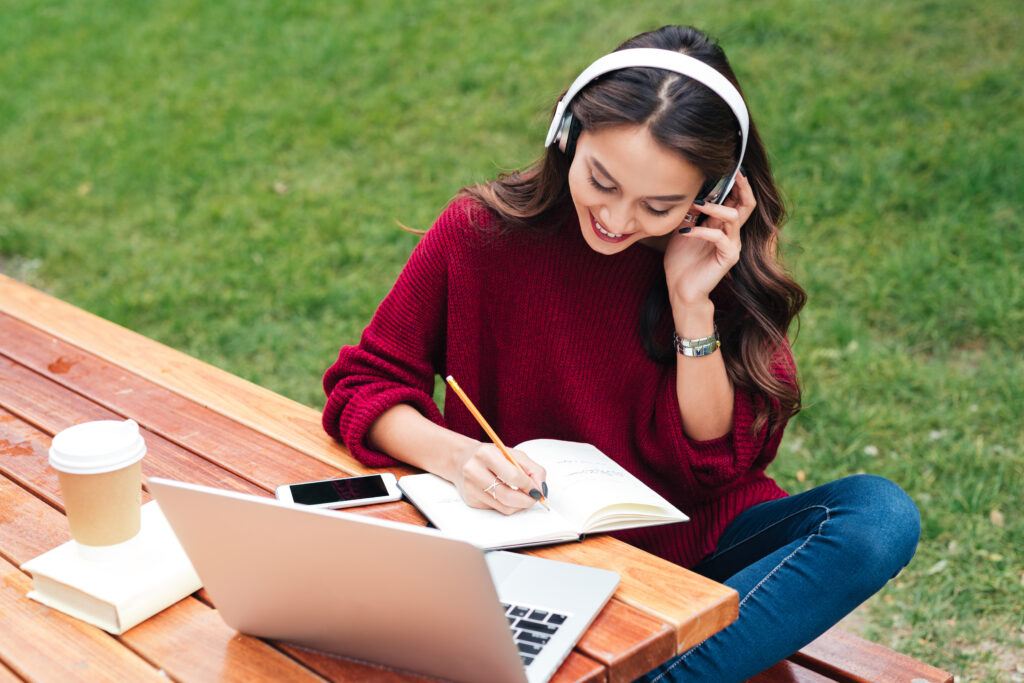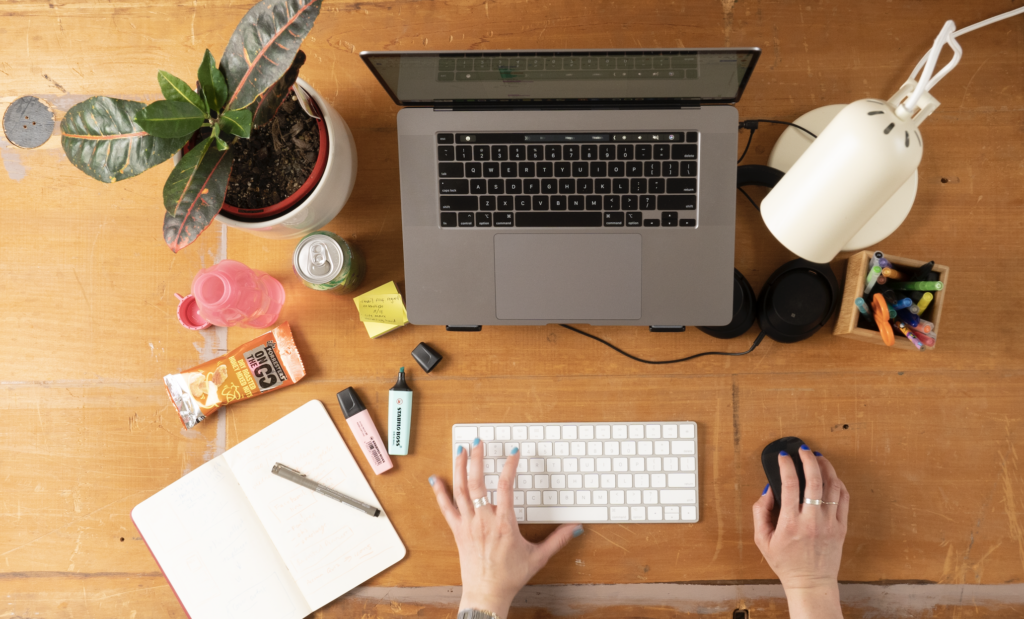Everyone approaches studying in their own way. There is no ‘one golden rule’ to help you achieve the best results – it all comes down to what works best for YOU.
Rather than just study harder, make sure to study smarter. Take a moment and consider how you can control your environment to form good habits and be an effective studier – this will save you a lot of stress and time.
Location, Location, Location
While some research has shown that cafés provide a recipe for successful studying (ambient noise, temperature and lighting etc. – not to mention the caffeine), this does not apply to every café or every individual.
If you are one of the many people that find the hustle and bustle of cafés distracting, consider your local library, which provides a free space that is quiet and comfortable.
Studying at home is another popular option, but sometimes this can more inhibiting than you realise. Often there are many distractions and you may not have an appropriate study desk. You want to be comfortable, but not too comfortable (soft couch, or in bed) that you become drowsy or fall asleep.
Noise. If so, how much?
Some studies have found that silence is golden when attempting difficult tasks, but others argue that a little background noise can actually be a good thing.
Ambient noise at around 70 decibels (such as exists in cafes) has been shown to be very effective for creative thinking, however anything much higher than that (if you are in a loud café or right next to the coffee grinder) can actually raise blood pressure and increase stress, reducing your ability to absorb information.
Some people study while listening to music, however you may find (like many others) that any vocals become distracting. Try and find something that won’t side-track your mind; here are some examples of what to listen to.
- Neo-classical; Nils Frahm, Max Richter, Olafur Arnalds
- Jazz; Chet Baker, Dave Brubeck, Jimmy Smith, Duke Jordan,
- Modern; Mogwai, BADBADNOTGOOD, Nightmares on Wax
Time of the day
This is an endless debate with no objective winner. Some experts recommend studying new material in the morning and using the afternoon/night to integrate new knowledge into what we already know – it still comes down to what works best for you.
Morning
- You have more energy.
- There are more location options.
- Easier to contact others if you have questions.
- Natural light is better for your eyes and concentration.
- There are more distractions.
Night
- Peaceful and quiet.
- Night can increase your creative effectiveness – you do see concepts differently at night.
- Less places available to study, but of those available they are often deserted.
- Some research suggests that night-owls are smarter that early risers.
Duration of study
Taking breaks are important with any study routine. Social scientists have provided an exact equation for effective studying – 52 minutes study, then a 17 minute break. While this may seem a little bit silly, the key take away point is that taking breaks is not a form of slacking off, but genuinely makes the time you are studying more beneficial.
Long periods of study can result in reduced concentration and drowsiness. Break up your study with some physical activity and you’ll notice an improvement in your ability to retain information.
Solo or in a group
Depending on the subject, studying in a group has been shown to be very beneficial. You can motivate each other, ask and answer questions and create an enjoyable space that doesn’t feel like such a chore.
Group studying can, however, encourage distractions. You may intend on studying one particular subject and get lost discussing plans for the weekend. It’s a good idea to find the right people and a balance between alone time and group sessions.
Further consideration
Read our article on apps that can help you study.
Take a look at these tips for studying in exam period.
Here is some extra help on finding the right study routine.
In the end, it is about finding the routine that works best for you. Take the time before you sit down, to understand the best environment for you. Discover the right environment for you and you’ll quickly get those study juices flowing.




